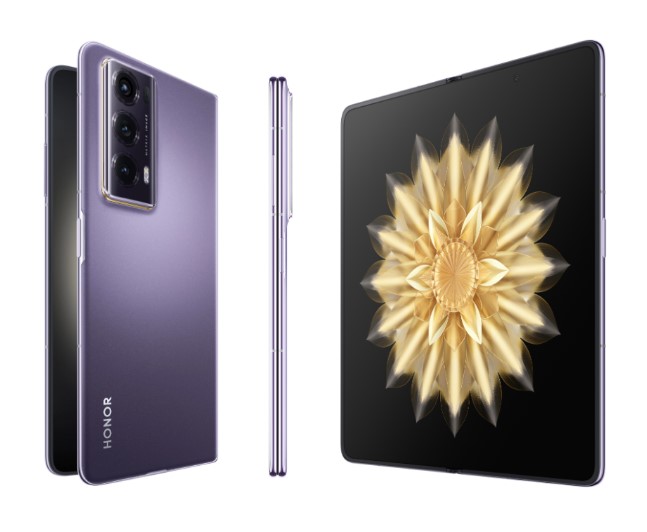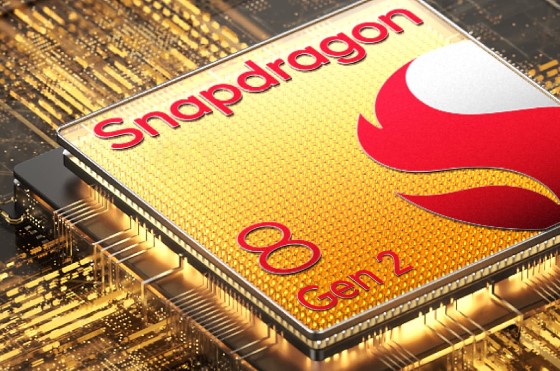
Exploring Mobile Phone Chip Performance Metrics
On May 27,2024 by Tom RoutleySystem-on-Chips (SoCs), the brains behind our cherished smartphones, govern their velocity, effectiveness, and overall functionality. But how do we accurately assess the capabilities of these diminutive yet potent components? Let's unravel the criteria employed to evaluate mobile phone chip performance.
Deciphering Mobile Phone Chip Performance Standards
Assessment Techniques
Evaluation of mobile phone chip performance heavily relies on benchmarking. This entails executing a battery of standardized tests to gauge various facets of chip functionality, encompassing CPU processing prowess, graphical rendering, memory operation, energy efficiency, and overall system stability. Benchmarks furnish a uniform platform for cross-device and cross-manufacturer comparisons, empowering consumers to make well-informed purchasing choices and ensuring they acquire devices tailored to their specific needs.

CPU Capability
The performance of the Central Processing Unit (CPU) stands as a pivotal yardstick in mobile chip appraisal. Benchmarks like Geekbench and AnTuTu gauge CPU capability through a gamut of tasks, encompassing mathematical computations, data manipulation, multitasking, and real-time processing of AI algorithms. Elevated CPU scores denote heightened processing muscle, culminating in smoother user interactions, swifter app responsiveness, and seamless execution of complex tasks, thereby augmenting overall user productivity and satisfaction.
GPU Performance
Equally critical is the Graphics Processing Unit (GPU) performance, especially for avid gamers and users immersed in graphic-intensive pursuits such as video streaming or augmented reality applications. Benchmarks like GFXBench and 3DMark scrutinize GPU performance by executing intricate 3D graphics rendering, assessing frame rates, and evaluating rendering stability under prolonged usage. Elevated GPU scores signify superior graphical prowess, fostering enriched visual experiences, seamless gameplay, and enhanced content creation capabilities, thereby enriching the immersive entertainment milieu on mobile platforms.
Memory and Storage Velocity
Efficient memory and storage operations are imperative for seamless multitasking, expedited data retrieval, and smooth functioning of resource-intensive applications. Benchmarks like AndroBench evaluate memory and storage performance by quantifying read and write speeds of internal storage and RAM, assessing caching efficiency, and evaluating memory management algorithms. Enhanced memory and storage speeds translate into accelerated app launches, smoother multitasking, reduced data access latency, and enhanced system responsiveness, thereby optimizing productivity and user contentment across diverse usage scenarios.
Energy Efficiency
The quest for enhanced battery longevity sans performance compromise has accentuated the significance of energy efficiency. Benchmarks such as PCMark assess energy efficiency by emulating real-world usage scenarios, monitoring dynamic power consumption patterns, and evaluating power management algorithms. Chips exhibiting superior energy efficiency yield prolonged battery life, obviating the need for frequent recharges, and ensuring sustained performance over extended usage periods, thereby aligning with the exigencies of contemporary mobile users reliant on prolonged device usage for work and entertainment.
Thermal Regulation
Efficient thermal regulation is imperative to sustain optimal chip performance devoid of overheating-induced degradation or instability. Though not conventionally evaluated through benchmarks, thermal performance is scrutinized via real-world usage assessments, thermal imaging, and device thermal management mechanisms. Chips equipped with effective thermal management mechanisms uphold consistent performance under prolonged usage sans throttling or overheating predicaments, thereby ensuring user reliability, device longevity, and optimal user experience across diverse environmental conditions.
Real-World Utility
While benchmarks proffer valuable insights into chip capabilities, real-world performance ultimately dictates user experience. Factors like software optimization, hardware integration, system-level optimizations, and ecosystem support wield significant influence in furnishing a seamless and responsive user interface. The HONOR Magic V2 utilizes the flagship Snapdragon 8 Gen 2 mobile platform, which collaborates with HONOR's three Boost engines to ensure smoother operation.

Conclusion
In the ever-evolving realm of mobile technology, phone chip performance undergoes continual refinement driven by advancements in processing muscle, graphical capabilities, energy efficiency, and AI integration. By adhering to standardized benchmarking protocols and factoring in real-world performance dynamics, consumers can judiciously navigate their smartphone acquisitions, ensuring alignment with their performance requisites.
Article Recommendations
Latest articles
Popular Articles
Archives
- January 2026
- December 2025
- August 2025
- July 2025
- May 2025
- November 2024
- October 2024
- September 2024
- August 2024
- July 2024
- June 2024
- May 2024
- April 2024
- March 2024
- February 2024
- January 2024
- December 2023
- November 2023
- October 2023
- September 2023
- August 2023
- July 2023
- June 2023
- May 2023
- April 2023
- March 2023
- February 2023
- January 2023
- December 2022
- November 2022
- October 2022
- September 2022
- August 2022
- July 2022
- June 2022
- May 2022
- April 2022
- March 2022
- February 2022
- January 2022
- December 2021
- November 2021
- October 2021
- September 2021
- August 2021
- July 2021
- January 2021
Leave a Reply